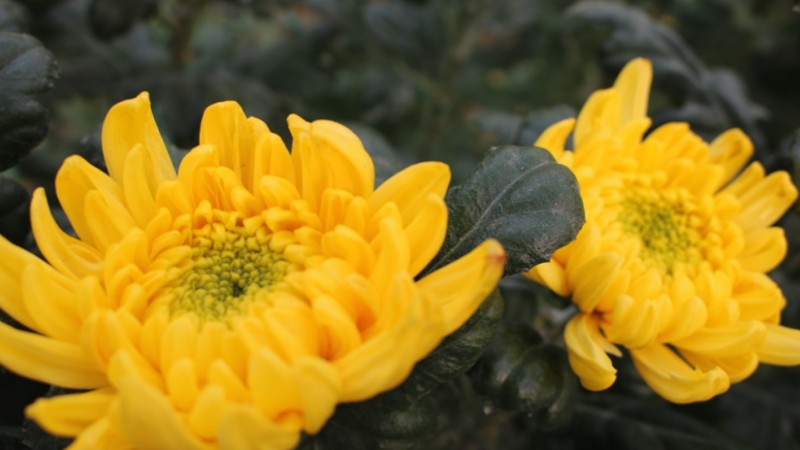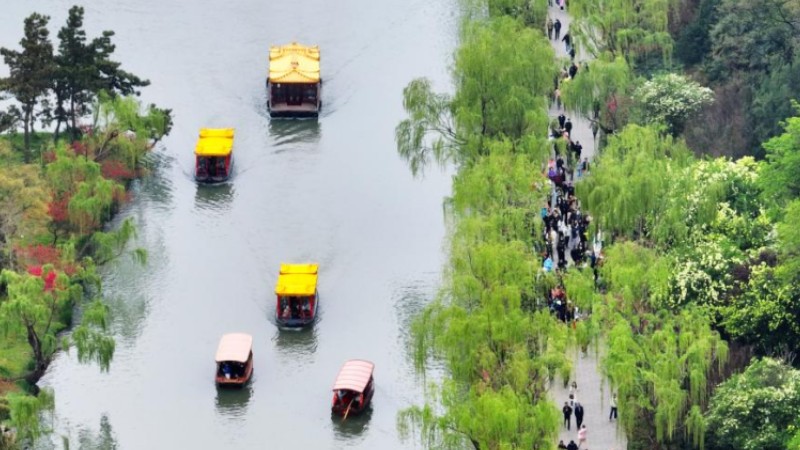Inheritors pass down traditional tea-making techniques in Xinyang, China’s Henan
Every year before spring tea picking starts on Cheyun Mountain, one of the cradles of Xinyang Maojian tea culture, in Xinyang city, central China’s Henan Province, local farmers conduct a worship ceremony on the mountain to pray for good weather and harvests.
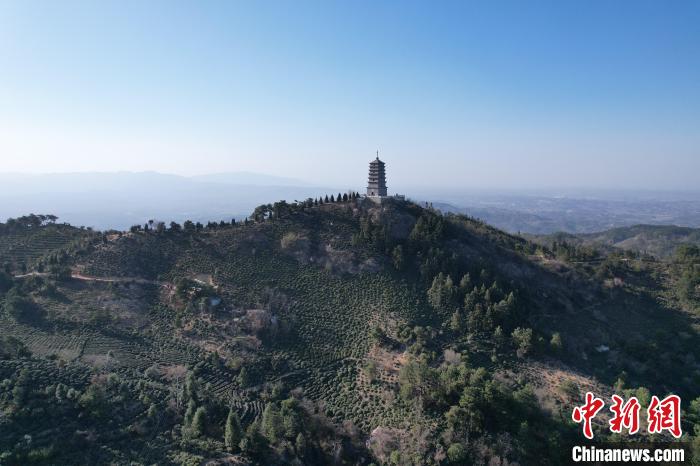
Photo shows tea gardens on Cheyun Mountain in Xinyang city, central China’s Henan Province. (Photo/Yang Dayong)
Wu Dejun, in his 50s, is a local farmer of Xinyang Maojian tea, a type of green tea and one of the most renowned Chinese teas. Wu, also a tea-making master, has taken part in the worship ceremony for years and has always insisted on the traditional techniques for making Xinyang Maojian tea by hand.
Wu said he grew up with stories of generations of local tea-making masters, who had protected tea trees on Cheyun Mountain, upgraded traditional tea-making techniques, and inherited the Xinyang Maojian tea culture.
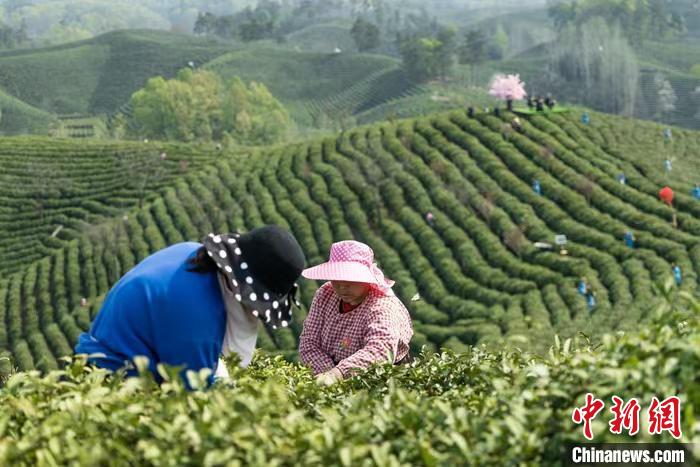
Workers pick spring tea leaves in Xinyang city, central China’s Henan Province. (Photo/Ouyang Guowei)
Over the past decades, Wu has taught the traditional techniques for making Xinyang Maojian tea to a large number of people. “I will teach the traditional techniques without reservation to anyone willing to learn,” Wu said, adding that the traditional techniques can only be inherited by passing them to the next generation.
Wu’s wife said she and her husband have been making Xinyang Maojian tea on Cheyun Mountain for over 30 years.
Wu’s daughter has employed e-commerce, live-streaming, and other methods to inherit the traditional techniques for making Xinyang Maojian tea and tea culture, with the tea being sold across China.
Zhou Zuhong, in his 70s, is a national-level inheritor of the traditional techniques for making Xinyang Maojian tea. Zhou began to learn the techniques for making hand-crafted tea when he was 17 from his father.
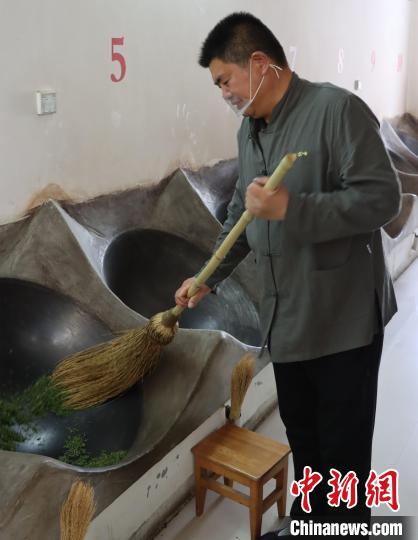
Wu Dejun, a tea-making master, fries tea leaves in Xinyang city, central China’s Henan Province. (Photo/Wu Wenxin)
Under the influence of Zhou, his son-in-law Xiao Xingliang became a district-level inheritor of the techniques for making traditional Xinyang Maojian tea in Shihe district, Xinyang city. Xiao’s daughter has also been using the internet to promote Xinyang tea culture for years.
The total area of tea gardens in Xinyang has reached 2.16 million mu (144,000 hectares). The output of tea leaves in the city is 80,000 tonnes, generating a total value of 15 billion yuan ($2.2 billion). More than 1.2 million people work in the tea industry in Xinyang.
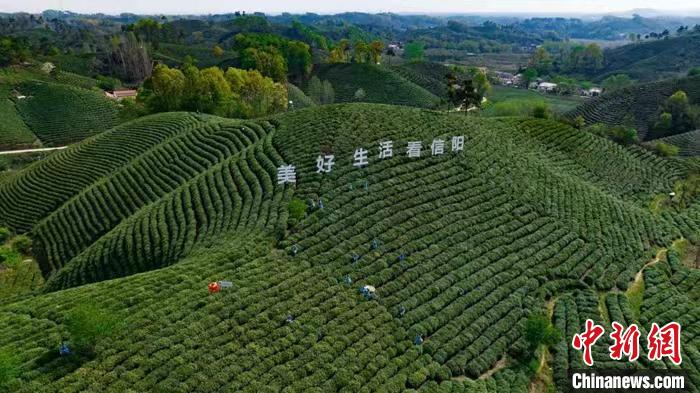
Photo shows beautiful tea gardens in Xinyang city, central China’s Henan Province. (Photo/Ouyang Guowei)
Photos
Related Stories
- Russian merchant's tea journey to origin of world-renowned black tea
- Traditional tea planting mirrors human-nature harmony
- Tea harvest in Hanzhong, NW China's Shaanxi
- Town in E China’s Anhui boosts rural revitalization with tea industry
- County in E China's Zhejiang increases tea growers' income by promoting carbon sink trading
- Taiwanese farmers run thriving mountain tea businesses in SE China’s Fujian
- Workers busy harvesting tea leaves before Qingming Festival
- Traditional tea processing techniques well inherited in China
- Spring tea picking starts in Pu'er City, China's Yunnan
- Tea roasting competition held in E China's Zhejiang
Copyright © 2023 People's Daily Online. All Rights Reserved.








